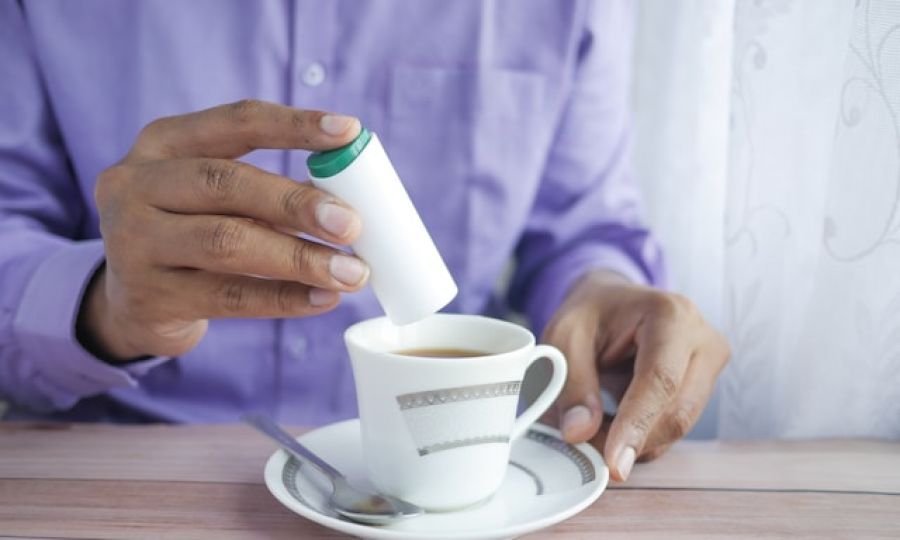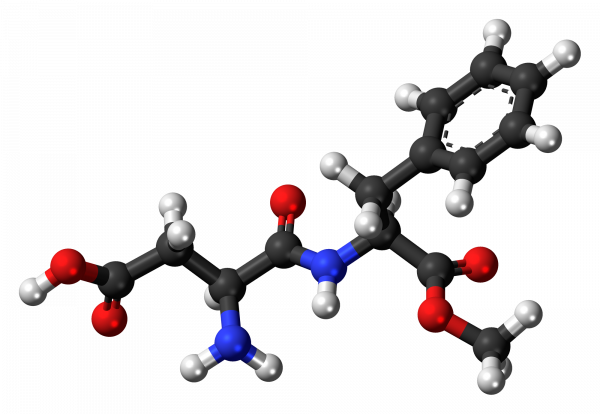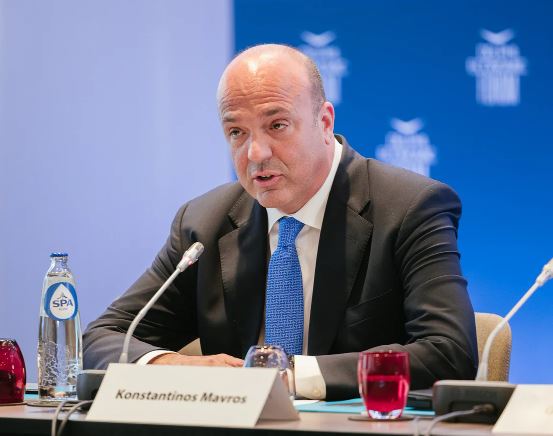
An uproar has been caused about the use of aspartame, one of the most well-known and widespread artificial sweeteners in the world, since concern is growing whether it is a carcinogenic substance.
According to international media such as Reuters and the Guardian, the verdict of the IARC (International Agency for Research on Cancer), which is under the United Nations, on whether aspartame is a carcinogen is expected to be announced on July 14.
According to TA NEA newspaper, this will happen on the same day, that is, with the recommendations of JEFCA, which is the joint committee of experts of the World Health Organization (WHO) and the Food and Agriculture Organization (FAO), regarding the quantities of aspartame (and possibly other artificial sweeteners) that can be consumed safely.
Since 1981, JECFA has declared aspartame to be safe for consumption within acceptable daily limits. For example, a 60-kilo adult would need to drink between 12 and 36 cans of diet soda – depending on the amount of aspartame in the drink – each day to be at risk. Its view is widely shared by national regulators, including in the United States and Europe.
According to IARC itself, in its evaluation which leads to the above conclusion, it has included more than 7,000 scientific reports and 1,300 related researches that have been carried out internationally.
It is worth noting that the wording he seems to have chosen aims to intensify the interest in carrying out even more research, until there is a definitive and indisputable conclusion for consumers, producers and the competent authorities.

The guidelines from the WHO
Last month, the WHO published a series of guidelines aimed at consumers, advising them, among other things, not to use alternative sweeteners, other than sugar, in their efforts to reduce their body weight. This announcement had triggered strong reactions, while something similar is expected to happen with the IARC’s conclusion, as those directly affected are already in… bars, while they also recall other cases that in the past had caused unnecessary (as they claim) concern.
How companies reacted
Reactions to the expected IARC announcement were immediate and came from representatives of companies that use aspartame in their formulations, such as Coca-Cola in diet sodas.
There was also a reaction from the International Sweeteners Association (ISA).
The Federation’s general secretary, Frances Hunt-Wood, was quick to question the validity of the IARC: “This is not a body concerned with food safety and its assessment of aspartame is not scientifically complete, while it relies heavily on in widely unrecognized research,” he argued.
Kate Lottman, CEO of the International Association of Soft Drinks Federations, “condemned” the “leak” and noted that it “could mislead consumers and lead them to unnecessarily consume larger amounts of sugar instead of formulations containing zero or very small amounts.”
What Doctor Union president Matina Pagoni said

Matina Pagoni, speaking to MEGA channel about the issue of aspartame, emphasized that so far there are indications and not proof, while the WHO is waiting for a large study that will show what is really true.
“The WHO had some indications a month ago from a committee that things are not going well with aspartame. At the moment there are indications,” she said.
Matina Pagoni emphasized that this news has spread panic in the world, with her advising that we should wait for the official results of the study.
“People are worried. There is no need to panic, we are waiting to see the results”, she concluded.
Latest News

Piraeus: Official Easter Shopping Hours and Retail Schedule
In anticipation of Easter, the Piraeus Chamber of Commerce has announced the proposed holiday hours for retail stores, running from Thursday, April 10 to Holy Saturday, April 19, 2025

World Day of Physical Activity: About One in Three Greek Adolescents Physically Inactive
Almost one-third (30.4%) of Greek adolescents are considered physically inactive, meaning they engage in less than three days of physical activity per week. This rate is significantly higher than the international average of 24%

Unseasonably Low Temps, Storms, Snow Forecasted for Greece
A sharp decline in temperatures will begin Sunday afternoon in Macedonia and Thrace, progressively affecting central and southern Greece through Monday and Tuesday

Higher Prices for Easter Table Staples ‘Sting’ Greek Households
As inflation and production costs continue to weigh on the market, Greek families may find this year's Easter table more expensive than in previous year

Eluned Morgan: The Parthenon Marbles should be returned to Greece
The Welsh First Minister takes a clear stance in support of the reunification of the Parthenon Marbles in an exclusive interview with TA NEA Weekend

Traffic Disruptions in Athens This Weekend for Major Cycling Event
Athens police advise all residents and visitors to plan ahead and allow extra travel time

Trump’s 10% Tariffs Take Effect, Ushering in New Era in Trade
Trump’s tariffs represent a direct break from the post-WWII global trade framework that prioritized negotiated, reciprocal tariff reductions.

Oil Price Drops 8%
The sell-off was fueled by escalating fears of a global trade war after China responded aggressively to new U.S. tariffs, signaling a deepening economic rift.

Greece Opens Summer 2025 Season with 28.2 Million Airline Seats, Up 4.6%
The United Kingdom remains Greece’s largest source market, accounting for 5.6 million airline seats—an increase of 2.2% from last year—and representing 20% of the total.

Greece’s Top Unions Announce April 9 Nationwide Strike
As of now, there is no official announcement on whether workers in public transport systems will join the strike, leaving questions about the availability of buses, metro, and trams on the day.












![Διεθνής Αερολιμένας Αθηνών: Νέα αύξηση 10% στην επιβατική κίνηση τον Μάρτιο [πίνακες]](https://www.ot.gr/wp-content/uploads/2025/04/aerodromiovenizelos_ape-768x433-1-90x90.jpg)

























![Διεθνής Αερολιμένας Αθηνών: Νέα αύξηση 10% στην επιβατική κίνηση τον Μάρτιο [πίνακες]](https://www.ot.gr/wp-content/uploads/2025/04/aerodromiovenizelos_ape-768x433-1-600x338.jpg)


 Αριθμός Πιστοποίησης
Αριθμός Πιστοποίησης